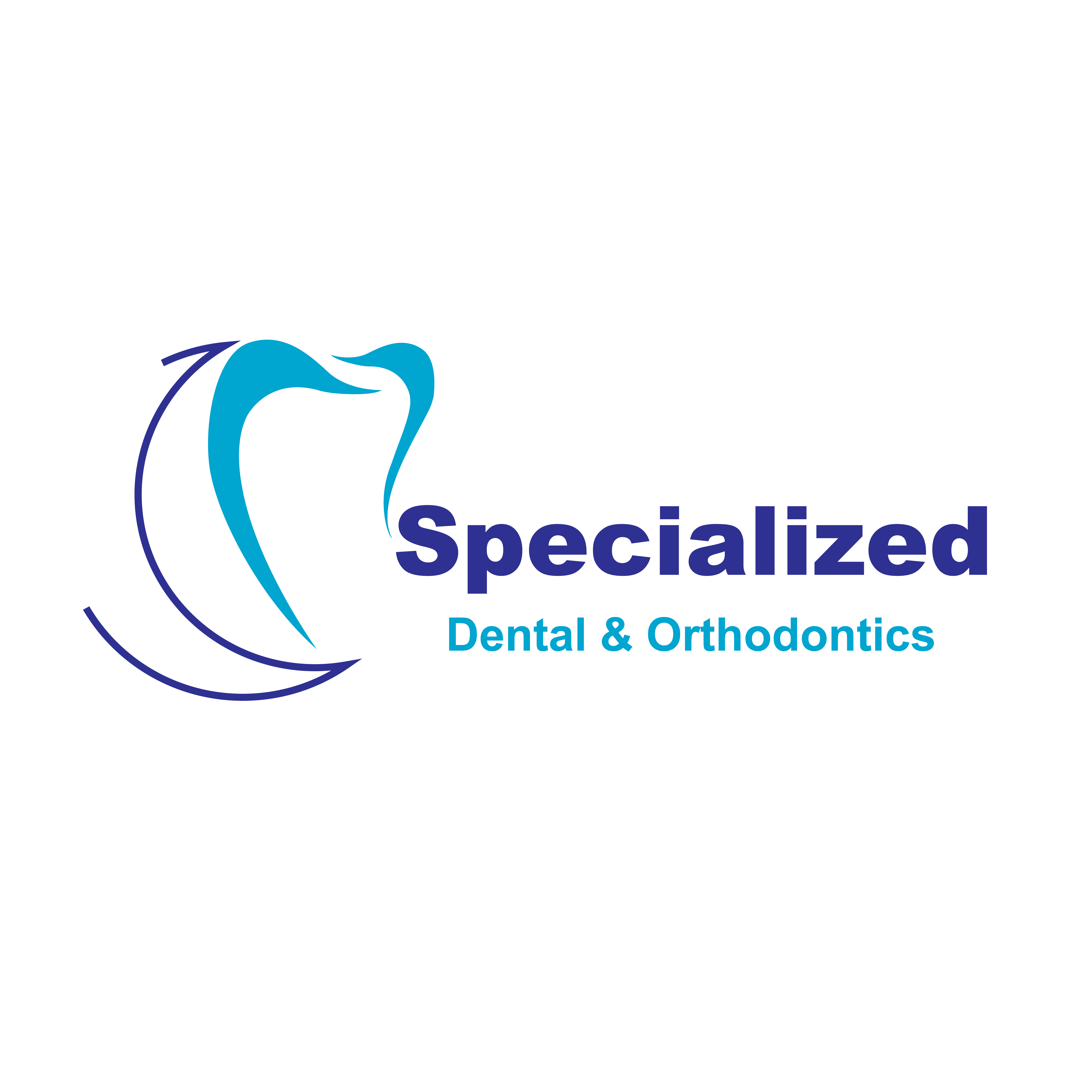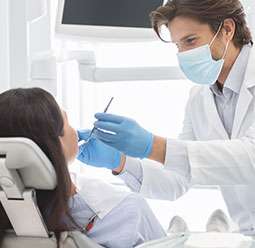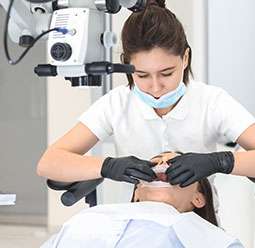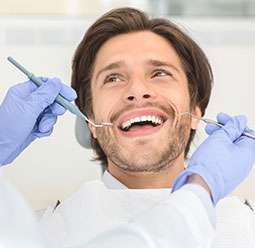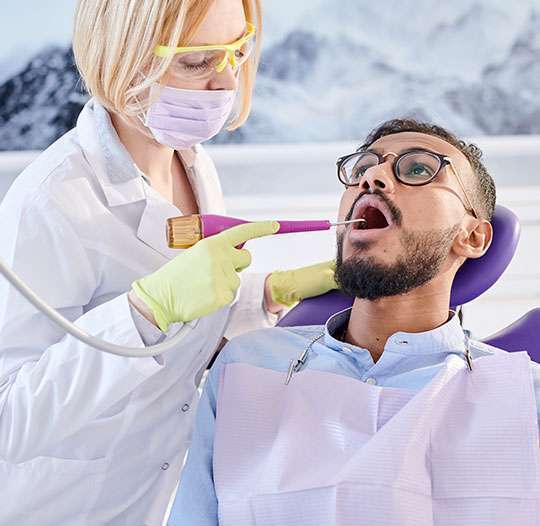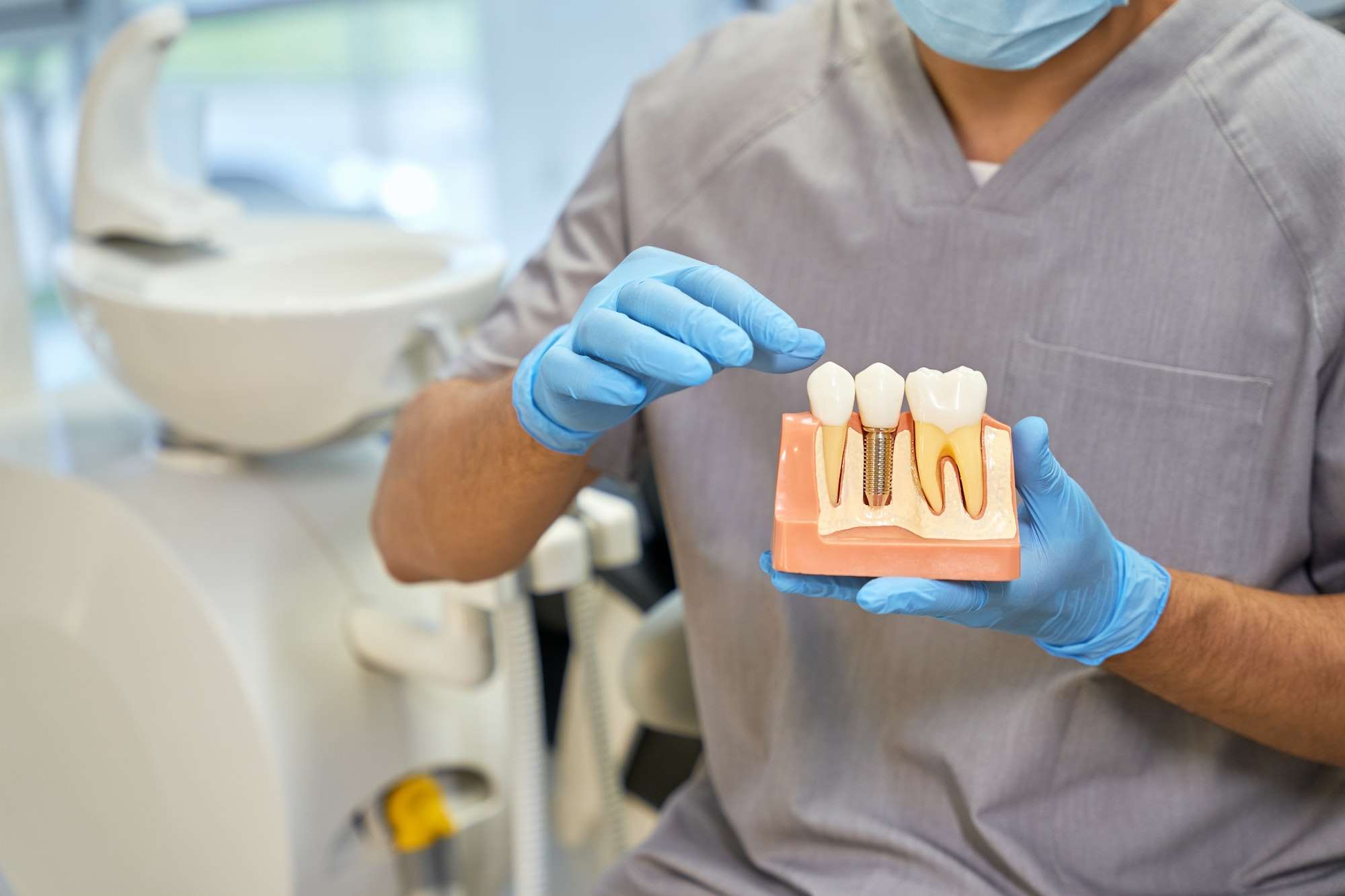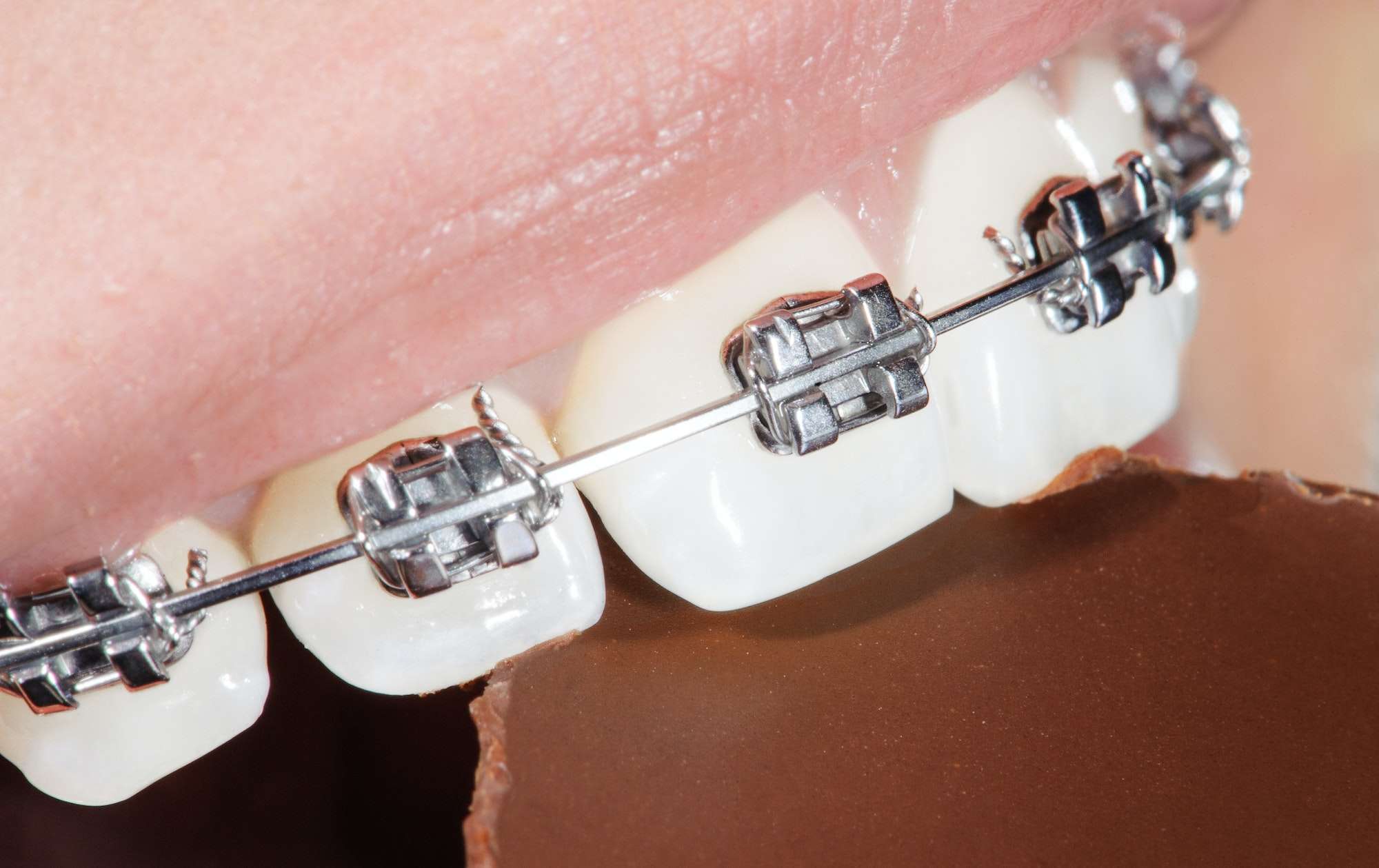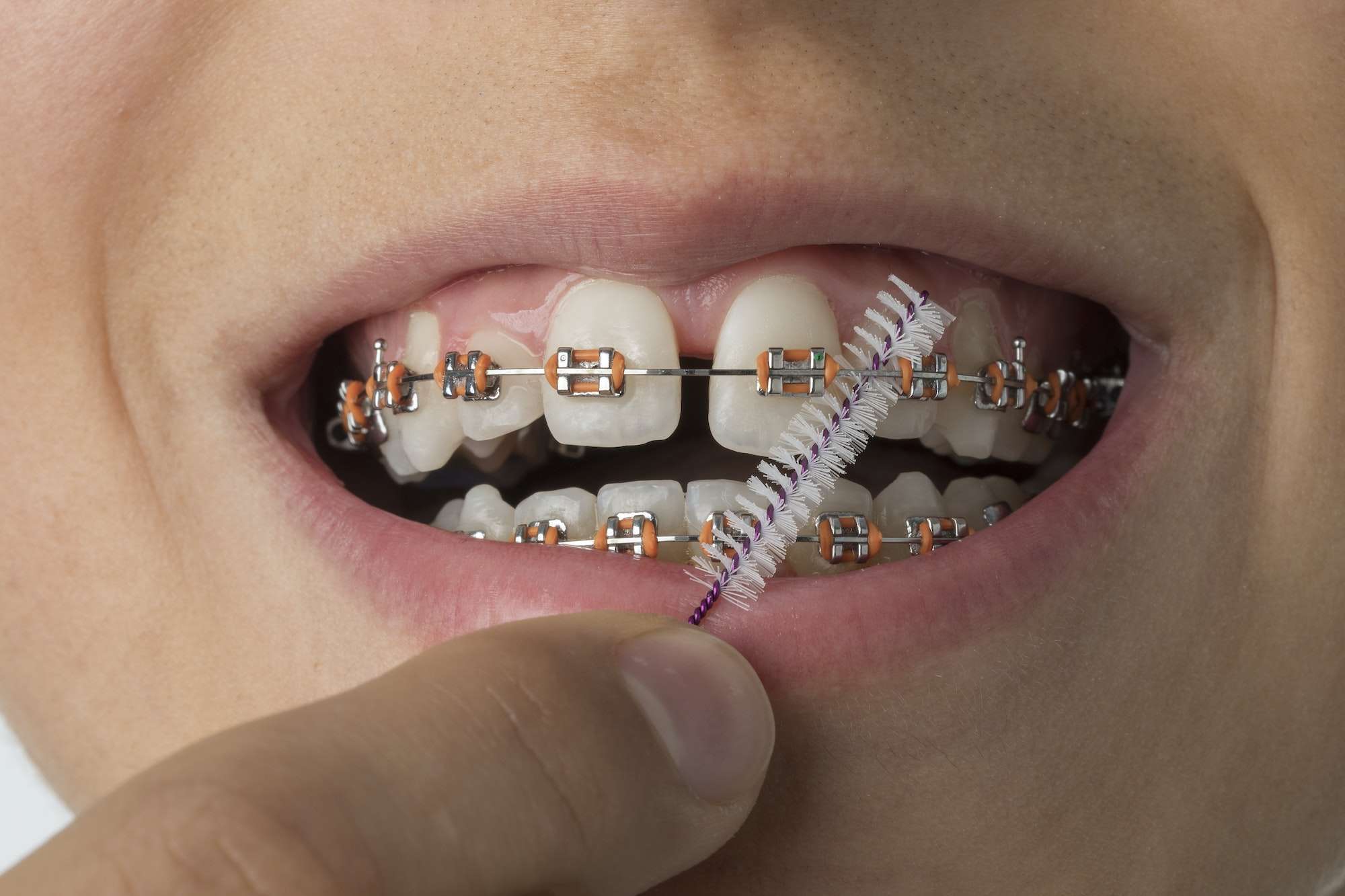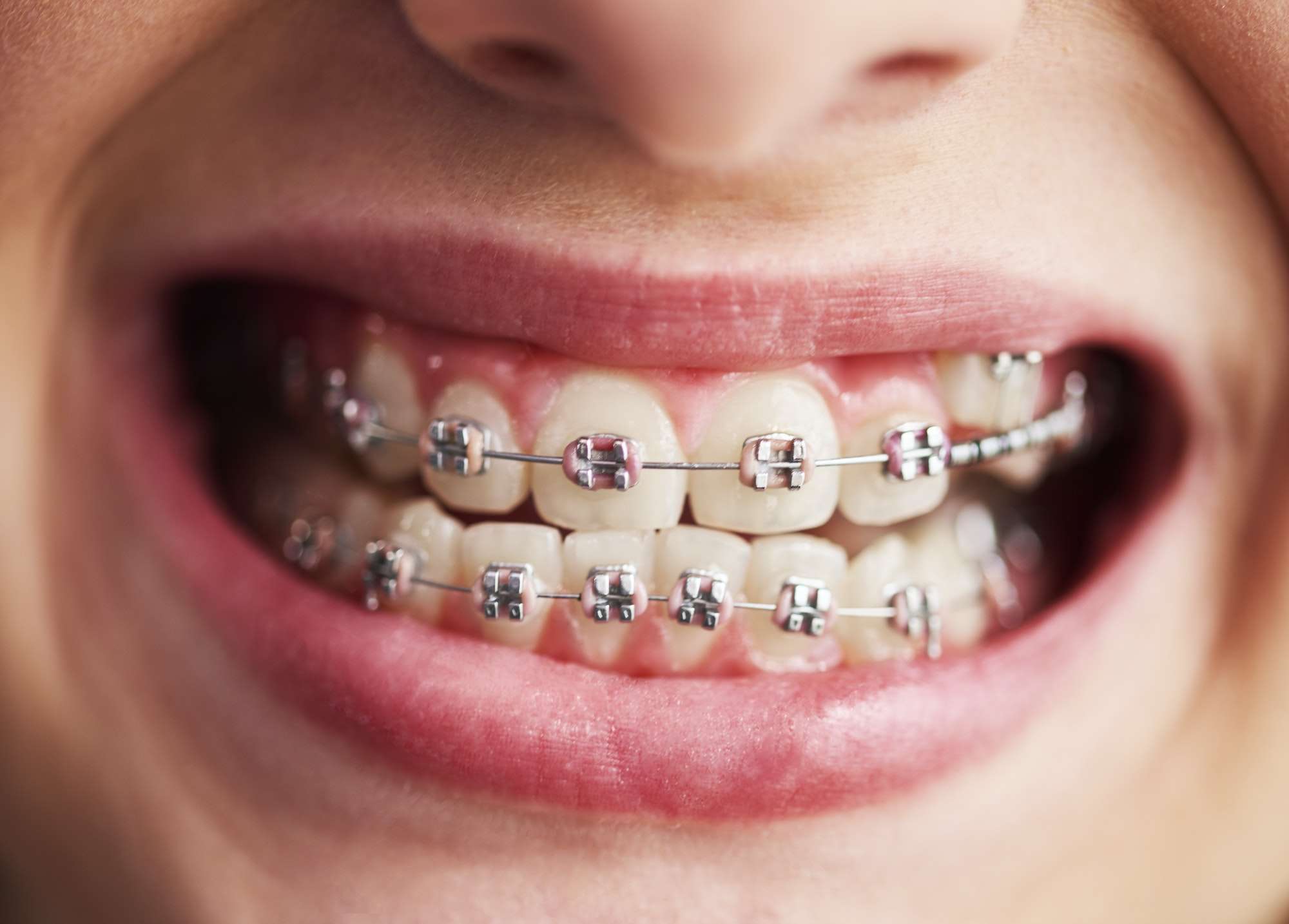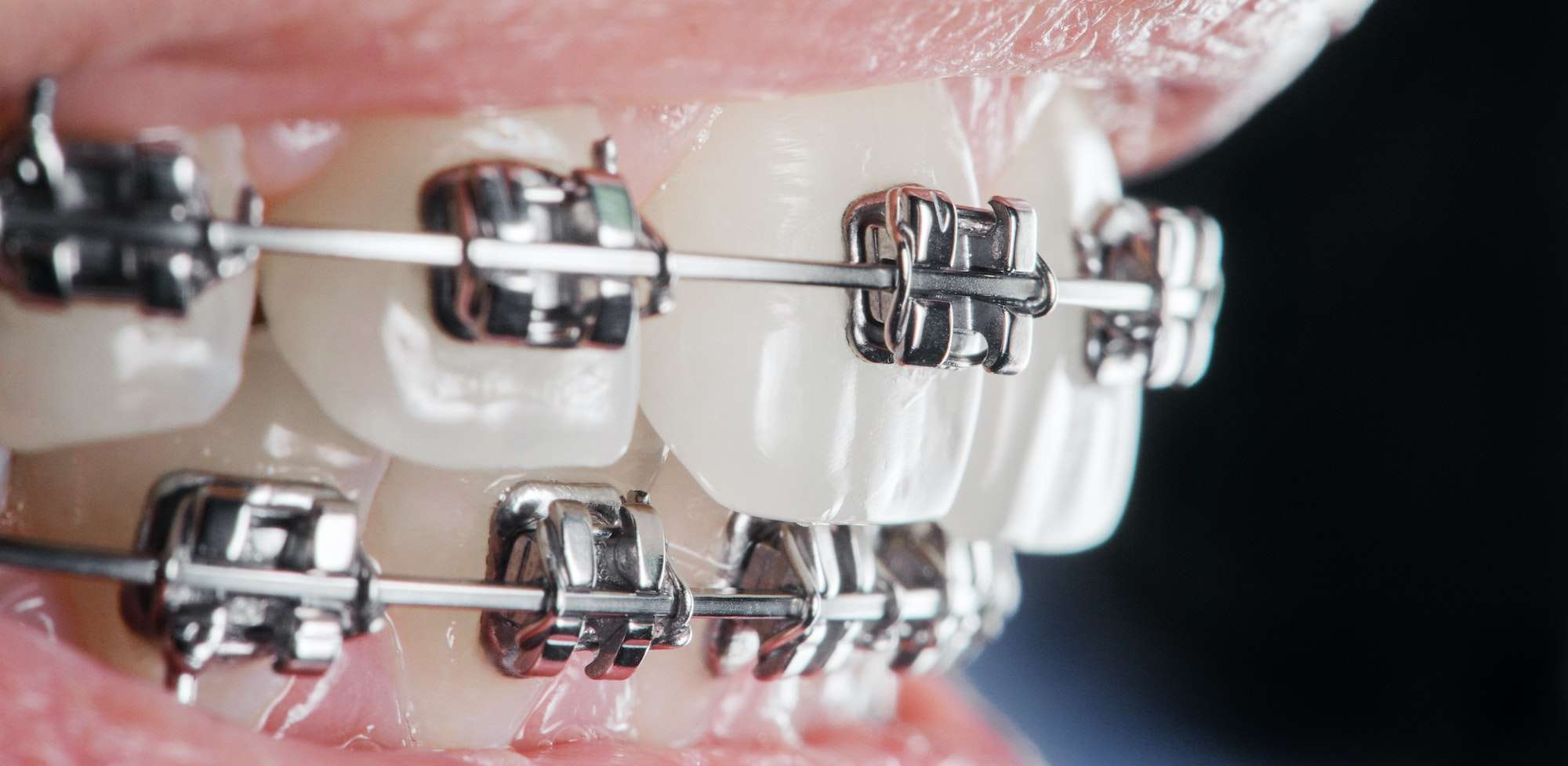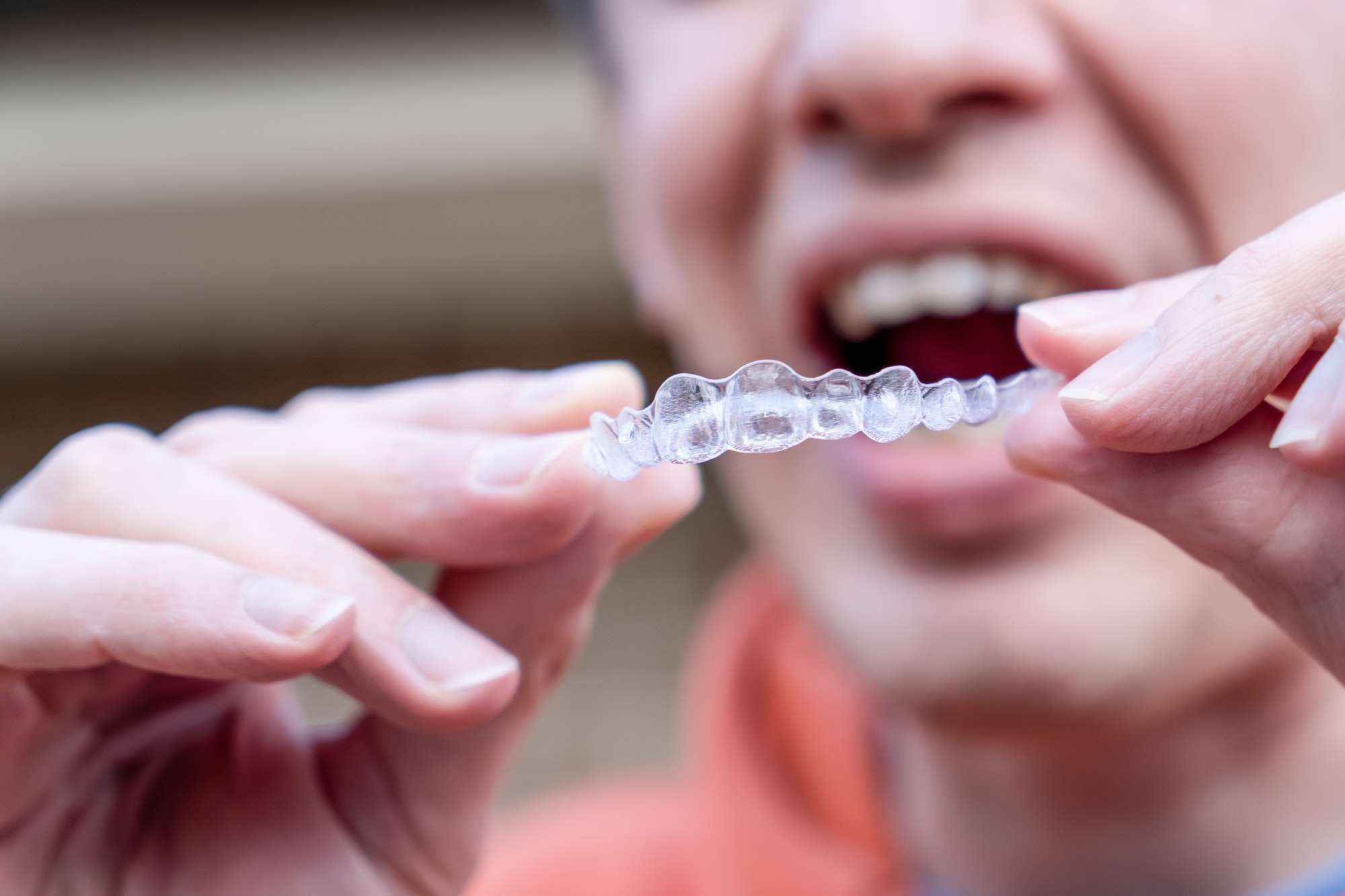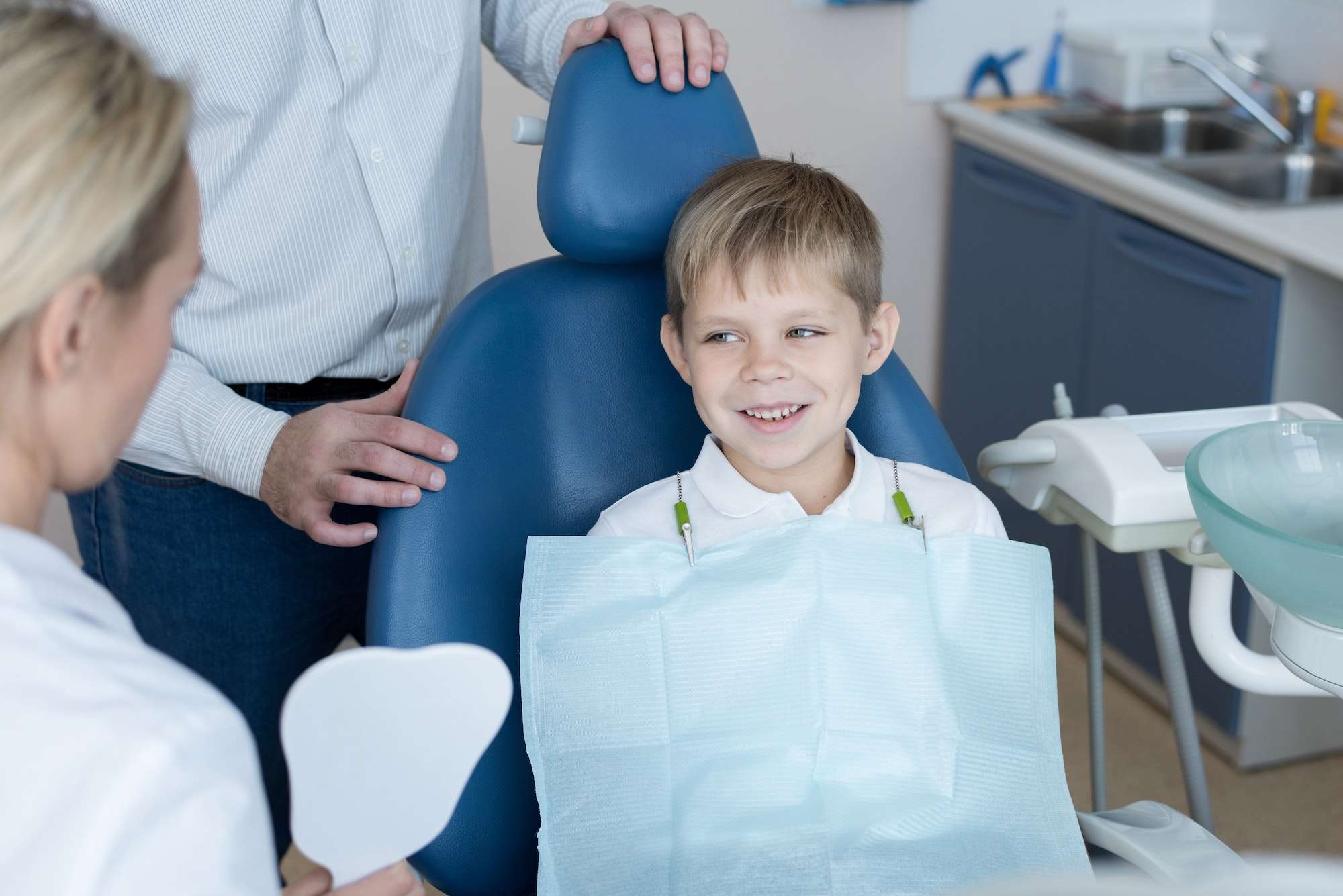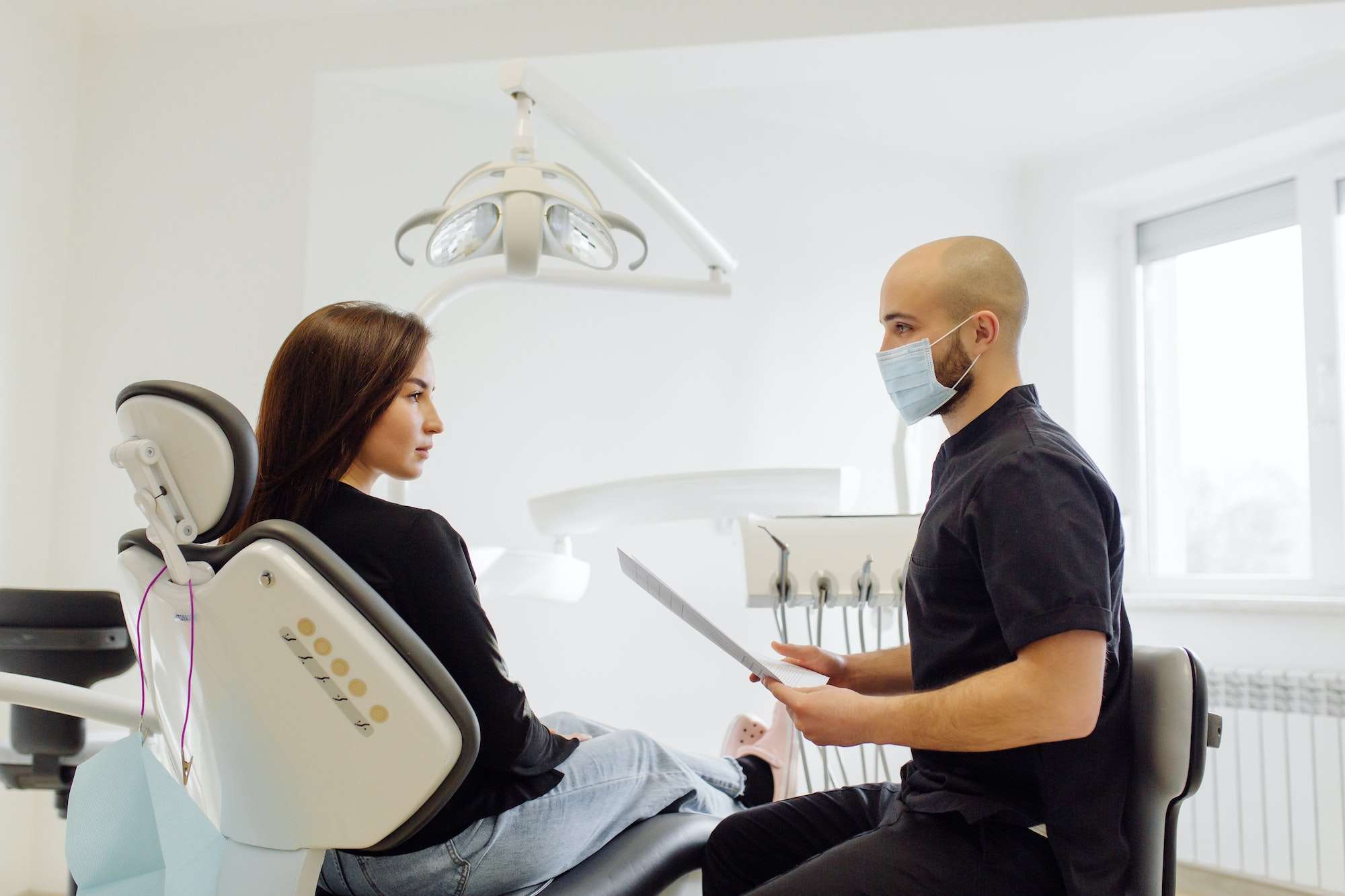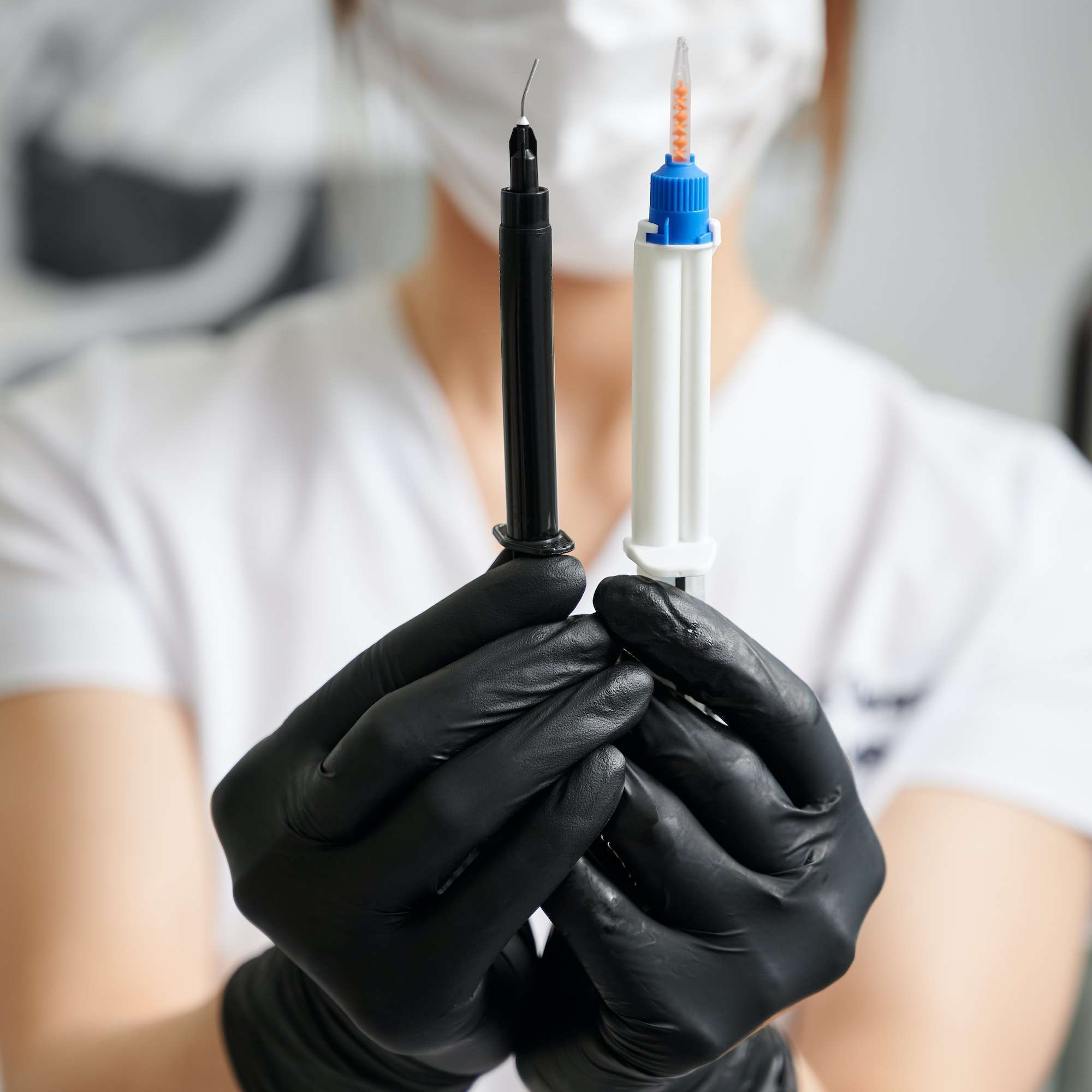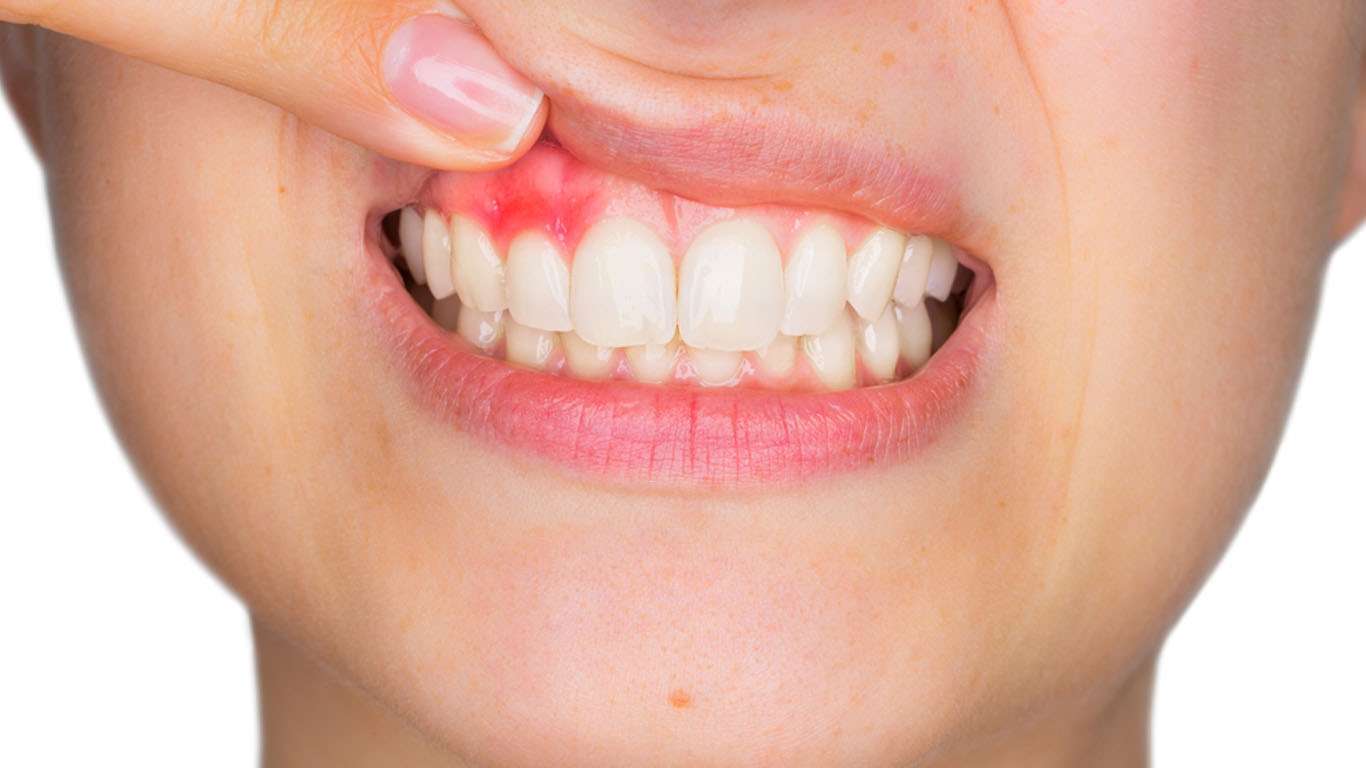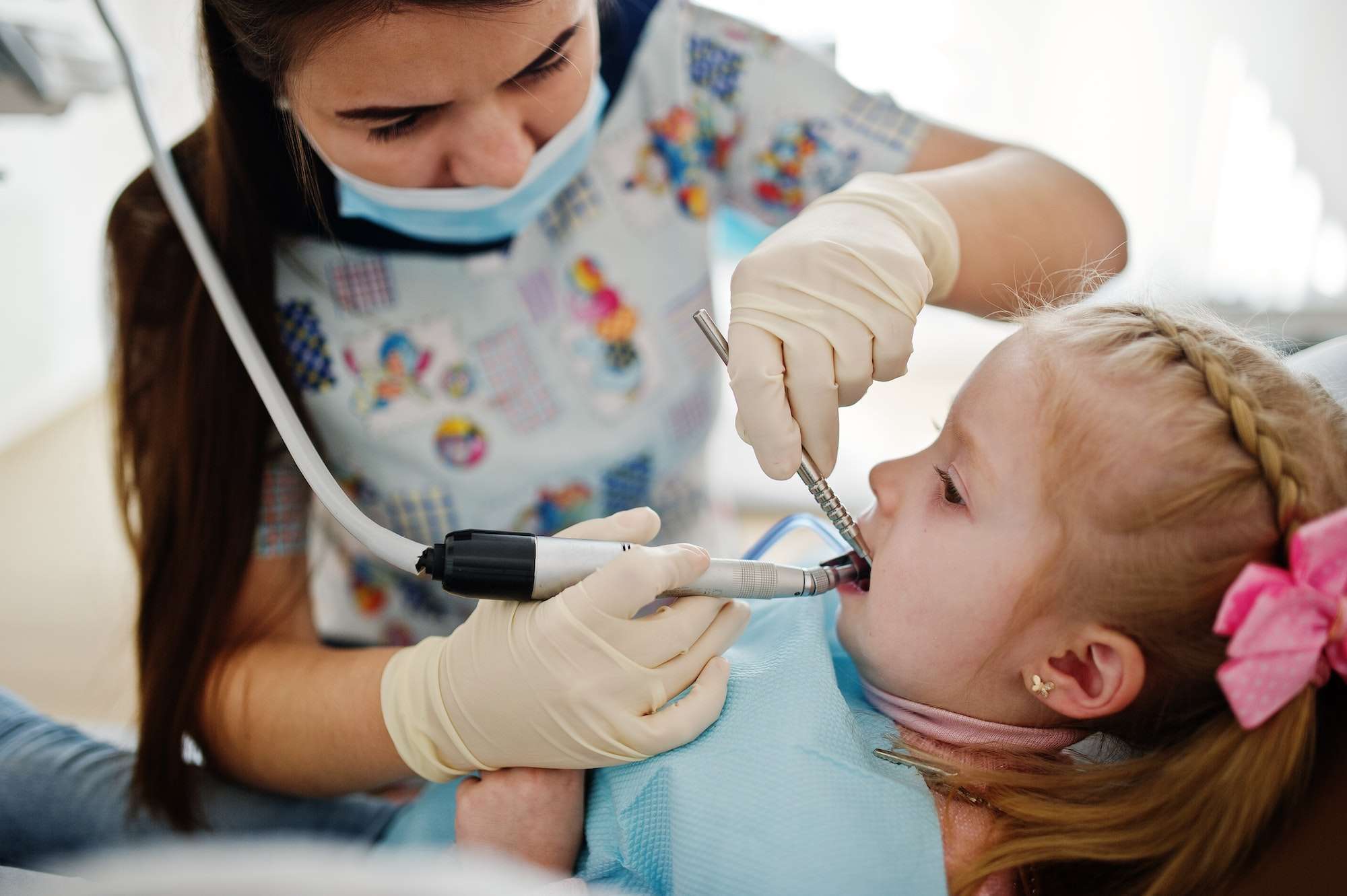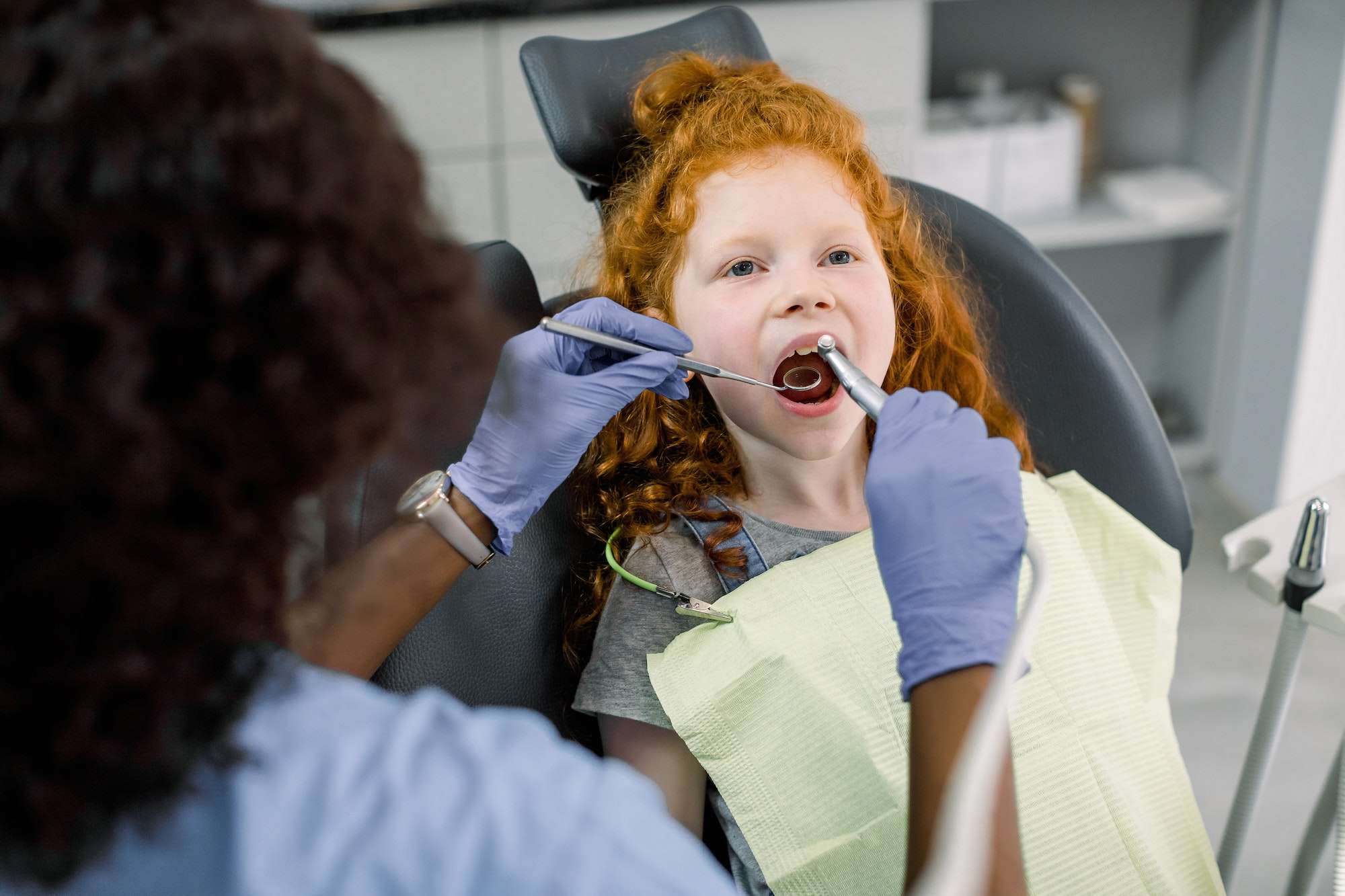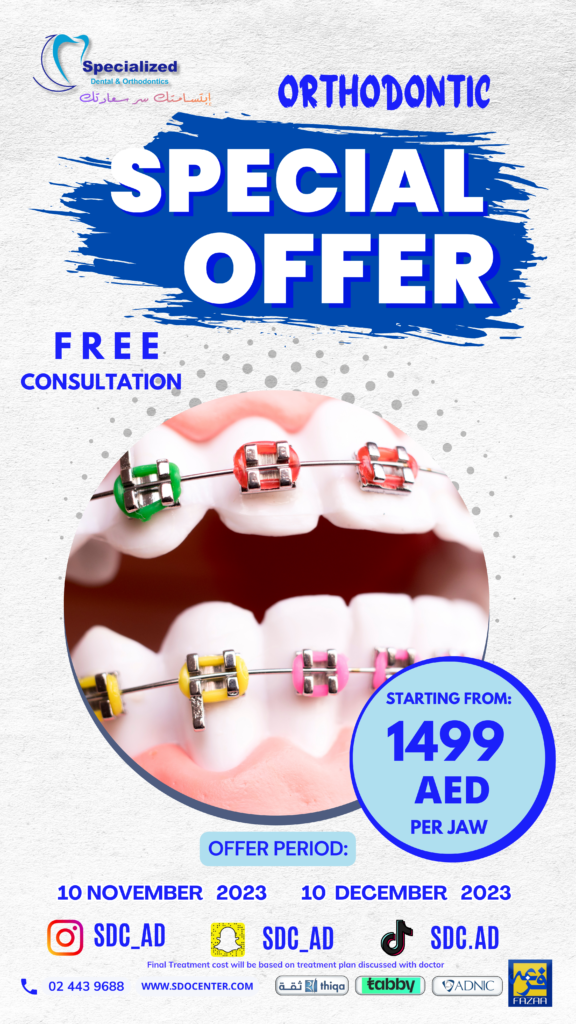
In the fight against oral cancer, two powerful tools stand out: regular screening and diligent dental care. As we delve deeper into understanding this potentially life-threatening disease, it’s crucial to recognize the role that early detection and preventive oral care play in beating oral cancer. Through increased awareness and education, individuals can take proactive steps towards safeguarding their oral health and, ultimately, their overall wellbeing.
Understanding Oral Cancer and Its Prevalence
Oral cancer falls into the broader category of head and neck cancers, manifesting through the uncontrolled growth of cells within the oral cavity, which includes the lips, tongue, cheeks, floor of the mouth, hard and soft palate, sinuses, and pharynx. It’s a condition that annually impacts over 53,000 individuals in the United States alone, spotlighting the dire need for widespread awareness and timely detection efforts. While this form of cancer can target anyone, its occurrence is markedly higher among those with specific risk factors. The consumption of tobacco products in any form, alongside excessive alcohol use, ranks as the most significant contributors. Additionally, the prevalence of the human papillomavirus (HPV) has emerged as a notable risk, particularly in younger populations and those engaging in certain sexual behaviors that elevate their risk for HPV infection. These statistics and risk factors illuminate the crucial importance of education on oral cancer’s nature, urging individuals towards preventive measures and regular health check-ups to mitigate their risk of developing this serious disease.
Recognizing the Signs and Symptoms of Oral Cancer
Key to combating oral cancer effectively is the ability to identify its early warning signs and symptoms, which, if caught promptly, can dramatically enhance the success rate of treatment options. Among the various indicators to be vigilant about are sores within the mouth that persist without healing, alongside any inexplicable instances of bleeding. Challenges in swallowing, coupled with alterations in one’s voice, can also be indicative of this disease’s presence. Additional symptoms to be mindful of include the development of a lump or an area of thickened tissue within the cheek, the appearance of white or red patches across any part of the gums, tongue, tonsil, or inner mouth lining, as well as experiencing a constant sore throat or a sensation that something is perpetually stuck in the throat. Being attentive to these signs and promptly seeking medical advice upon their detection is crucial. Consulting with a healthcare professional when these symptoms manifest can lead to early diagnosis and significantly influence the treatment journey, potentially leading to more favorable outcomes.
The Role of Regular Screening in Early Detection
The significance of routine dental visits extends beyond the realm of cavity prevention and gum health; it is instrumental in the early detection of oral cancer. Dentists are uniquely positioned to observe the earliest signs of this disease, often before an individual notices any symptoms. Through comprehensive exams that include a visual inspection of the mouth, tongue, and throat, dentists can spot unusual growths or changes in tissue texture and color. This vigilance is crucial for catching oral cancer in its nascent stages, when treatment outcomes are most favorable. The process involves a meticulous examination of all areas within the oral cavity, employing tools and techniques designed to reveal any abnormalities. For individuals at higher risk of oral cancer due to factors such as tobacco use, heavy alcohol consumption, or HPV exposure, these screenings become even more critical. Engaging in these regular check-ups allows for a proactive approach to oral health, emphasizing the prevention of serious conditions before they develop or escalate. The inclusion of dental screenings as a routine component of one’s healthcare regimen is a vital step toward mitigating the impact of oral cancer through early intervention.
The Importance of Good Oral Care in Prevention
Maintaining excellent oral hygiene practices is essential in the battle against oral cancer. The foundation of good oral care includes consistent brushing and flossing, which work together to remove harmful bacteria and reduce the risk of infections that could potentially escalate into more severe conditions. Regular dental check-ups play a pivotal role in not only maintaining general oral health but also in early detection of any abnormal changes within the mouth. By adhering to a regimen that prioritizes oral cleanliness, individuals significantly decrease their chances of facing oral cancer-related complications. Furthermore, lifestyle choices have a profound impact on oral health. Steering clear of tobacco in all its forms and moderating alcohol intake can markedly diminish the likelihood of developing oral cancer. Incorporating a diet rich in vitamins and antioxidants through fruits and vegetables can further bolster the body’s defenses against the onset of this disease. It’s important to note that these preventive measures, combined with professional dental care, create a robust barrier against oral cancer, emphasizing the critical role of proactive oral hygiene in overall health preservation.
The Treatment Options for Oral Cancer
When confronting oral cancer, the choice of treatment hinges on several factors, including the disease’s stage, the specific areas affected, and the overall health of the patient. Surgical interventions are often the first line of action, particularly for tumors that are detected early and are localized. The goal of surgery is to remove the cancerous cells while preserving as much function and appearance as possible. For cases where the cancer has advanced or is situated in complex regions, radiation therapy may be employed either as a standalone treatment or in conjunction with surgery. This approach utilizes high-energy beams to target and destroy cancer cells. Chemotherapy, another critical component of the treatment arsenal, involves the use of drugs to kill cancer cells throughout the body and is often used when the cancer has spread beyond the oral cavity.
Innovative therapies are continually being explored and integrated into treatment plans. Targeted therapy, for example, focuses on specific molecules involved in the growth and spread of cancer cells, offering a more precise attack on the disease with potentially fewer side effects than traditional chemotherapy. Immunotherapy, which bolsters the body’s natural defenses to fight the cancer, represents another frontier in treatment, showing promise particularly in cancers that are resistant to other forms of treatment. Each of these options is considered within the context of the patient’s unique situation, striving for the most effective and least invasive treatment path possible.
Living with Oral Cancer: Support and Rehabilitation
Navigating the complexities of oral cancer, from diagnosis through to recovery, requires a strong network of support and tailored rehabilitation strategies. Patients benefit immensely from the expertise and encouragement of a multidisciplinary healthcare team, which may include oncologists, surgeons, dentists, nutritionists, and physical therapists, among others. Individualized care plans often incorporate physical therapy to help restore strength and mobility, as well as speech therapy to improve communication abilities that may have been affected by the disease or its treatment. Nutrition counseling is also vital, assisting patients in adjusting their diets to manage any challenges with eating or swallowing that may arise.
Emotional and psychological resilience is bolstered through counseling services and participation in support groups, where sharing experiences and strategies for coping can provide both comfort and practical advice. These resources are invaluable not only for the patient but also for their families and caregivers, who are integral to the support system. The focus on rehabilitation and support aims to enhance the quality of life for those affected by oral cancer, assisting them in regaining their independence and confidence as they adjust to life during and after treatment.
The Future of Oral Cancer Treatment and Prevention
The horizon of oral cancer care is marked by exciting advancements and innovations aimed at transforming the landscape of diagnosis, treatment, and preventive strategies. Research is fervently underway to refine detection methodologies, making it possible to identify the disease at its most incipient stage. This endeavor is critical for enhancing treatment efficacy and patient outcomes. Furthermore, the exploration into novel therapeutic approaches, such as precision medicine, is gaining momentum. These efforts are directed towards developing treatments that are tailored to the individual genetic makeup of a patient’s cancer, thereby optimizing the therapeutic impact while minimizing side effects.
In the realm of prevention, significant emphasis is being placed on the development of vaccines, particularly targeting HPV, which is known to be a significant risk factor for oral cancer. Such preventive measures could dramatically reduce the prevalence of this disease in future generations. Additionally, public health initiatives aimed at educating communities about the risks associated with tobacco use, alcohol consumption, and unsafe sexual practices are critical components of a comprehensive strategy to combat oral cancer. As these multifaceted efforts progress, there is a growing optimism that the incidence of oral cancer can be significantly reduced, and that those affected by the disease will have access to more effective and less invasive treatment options.
